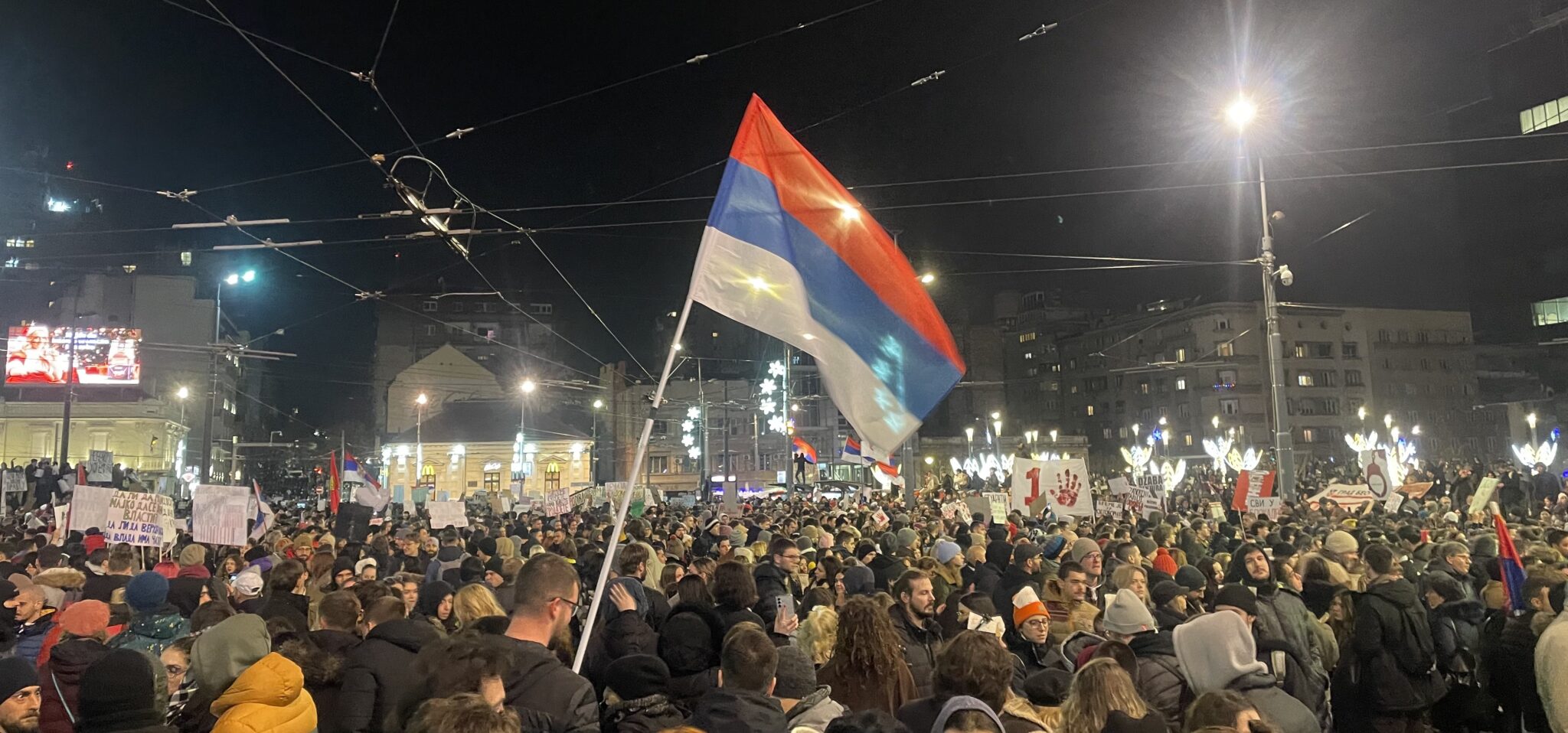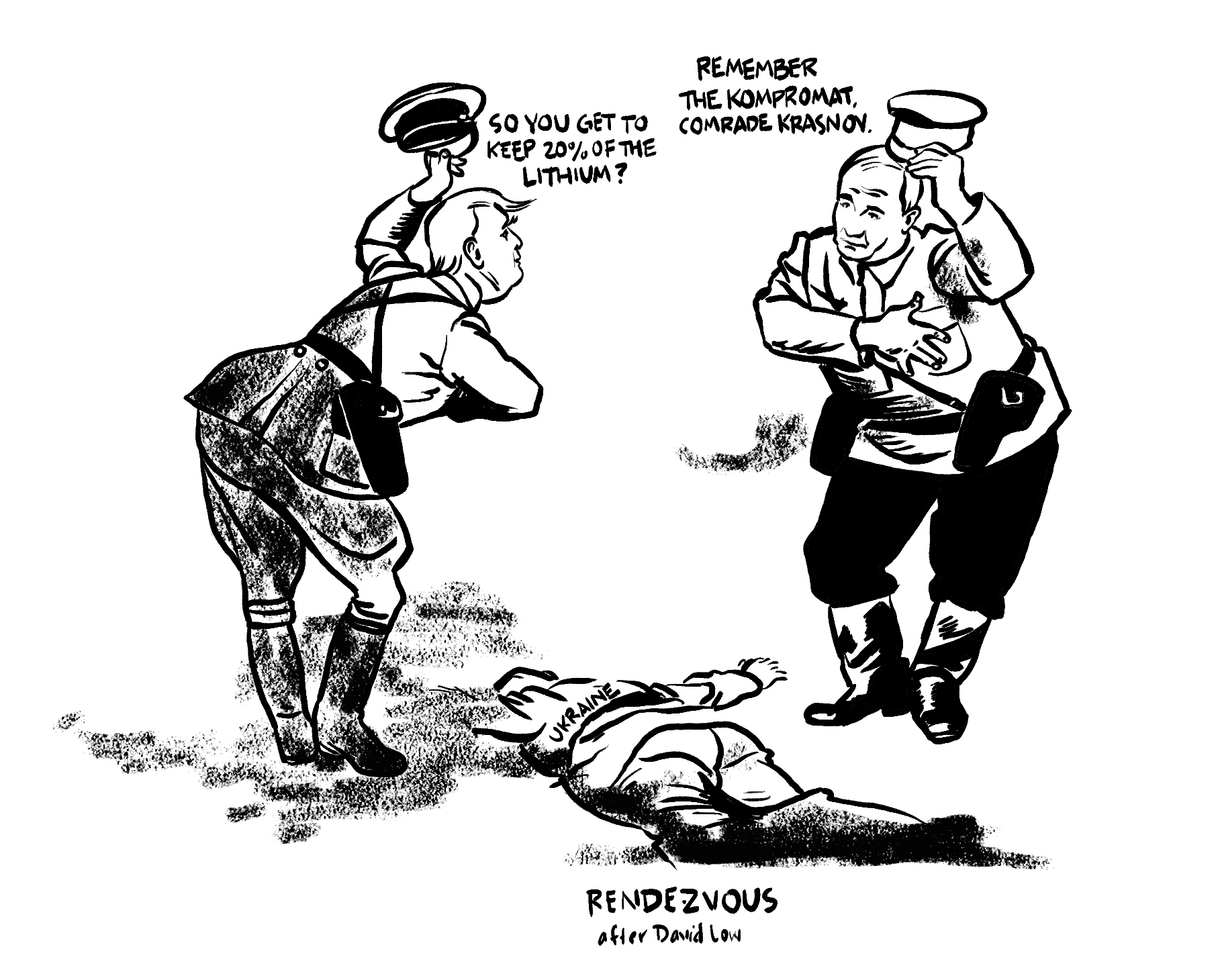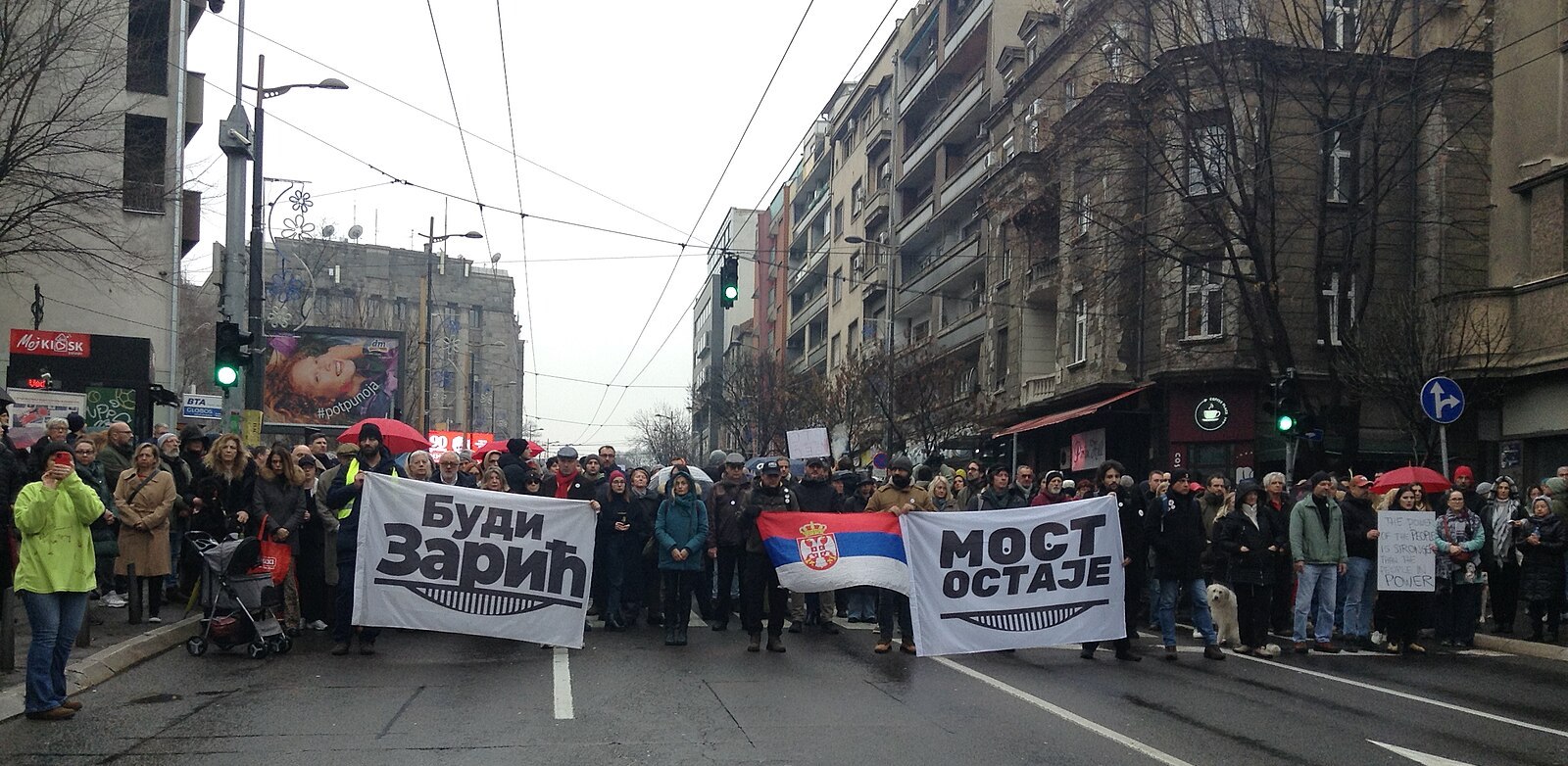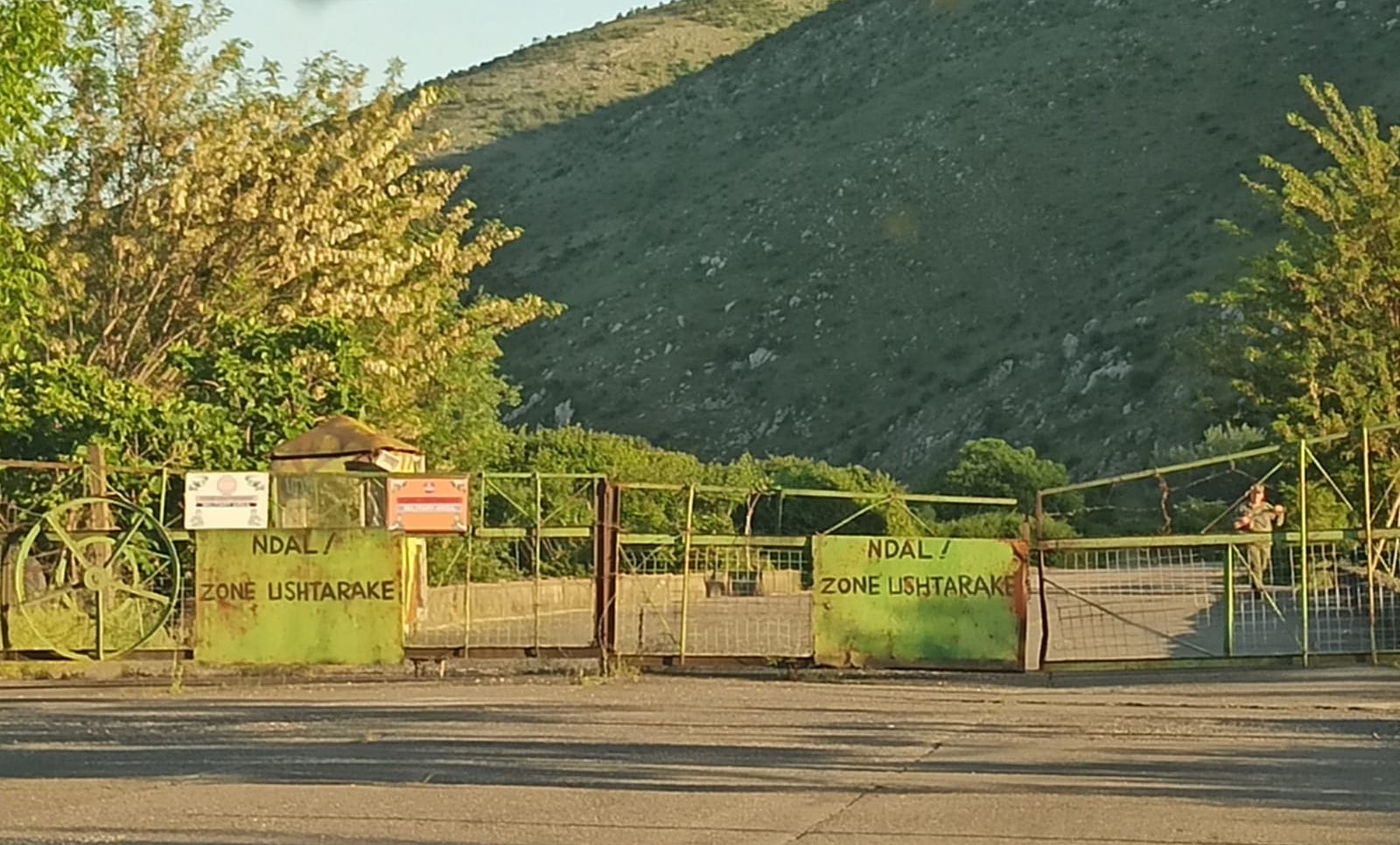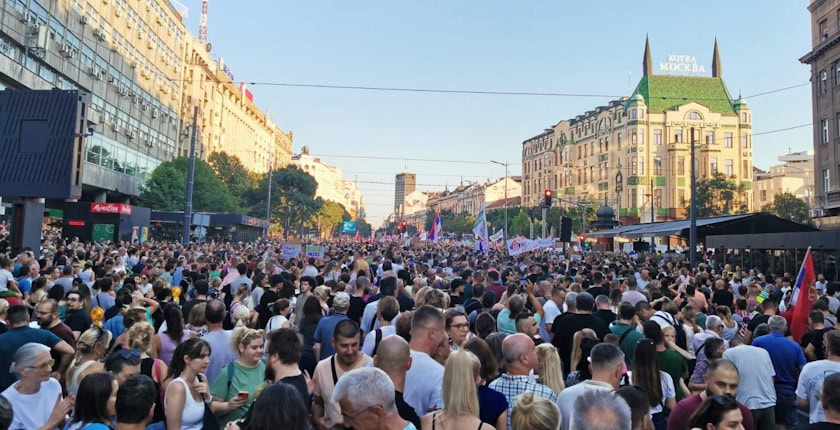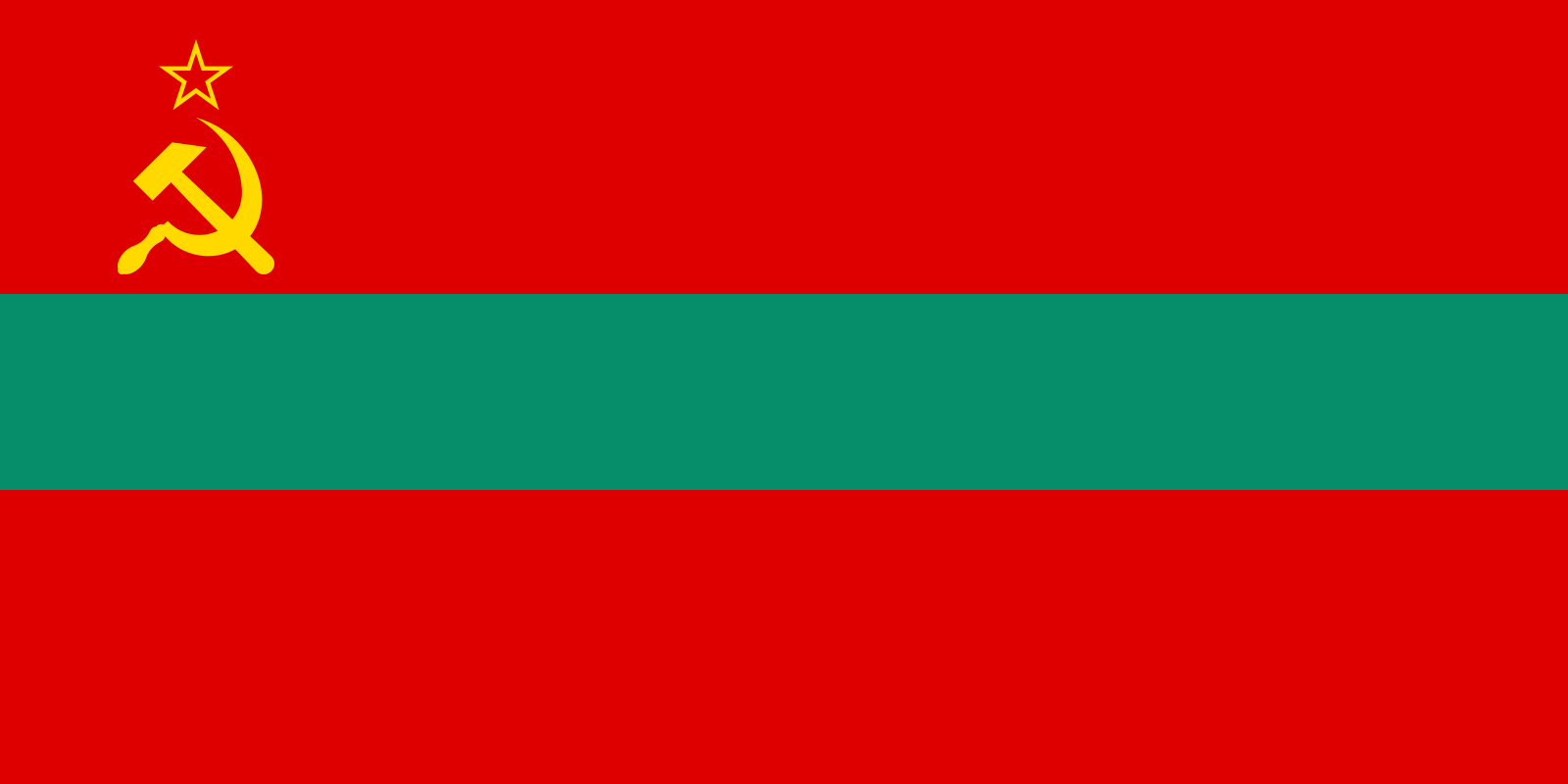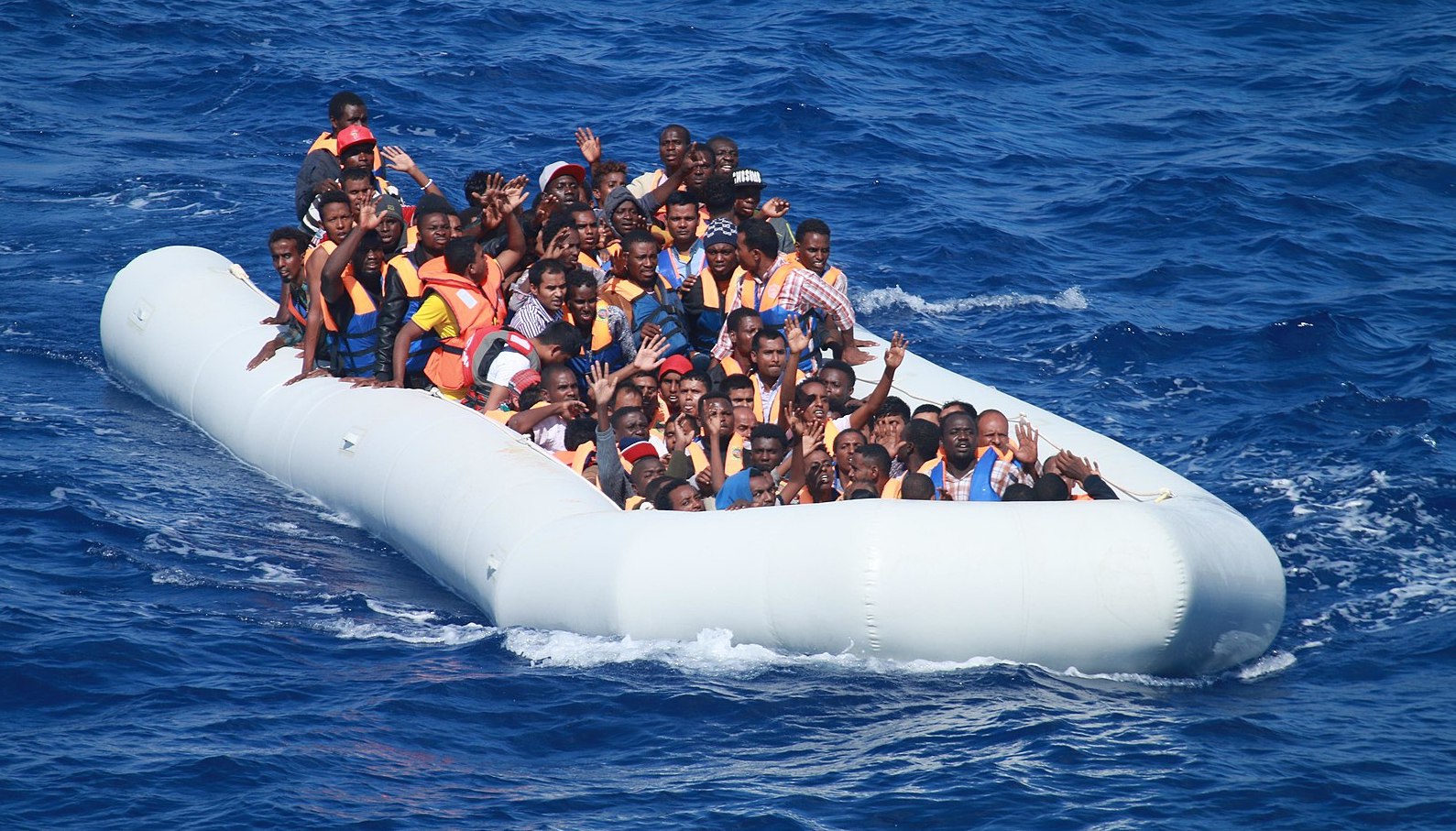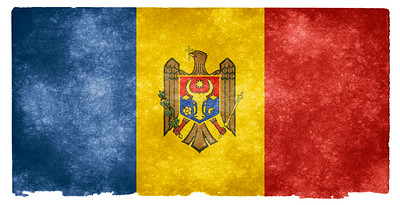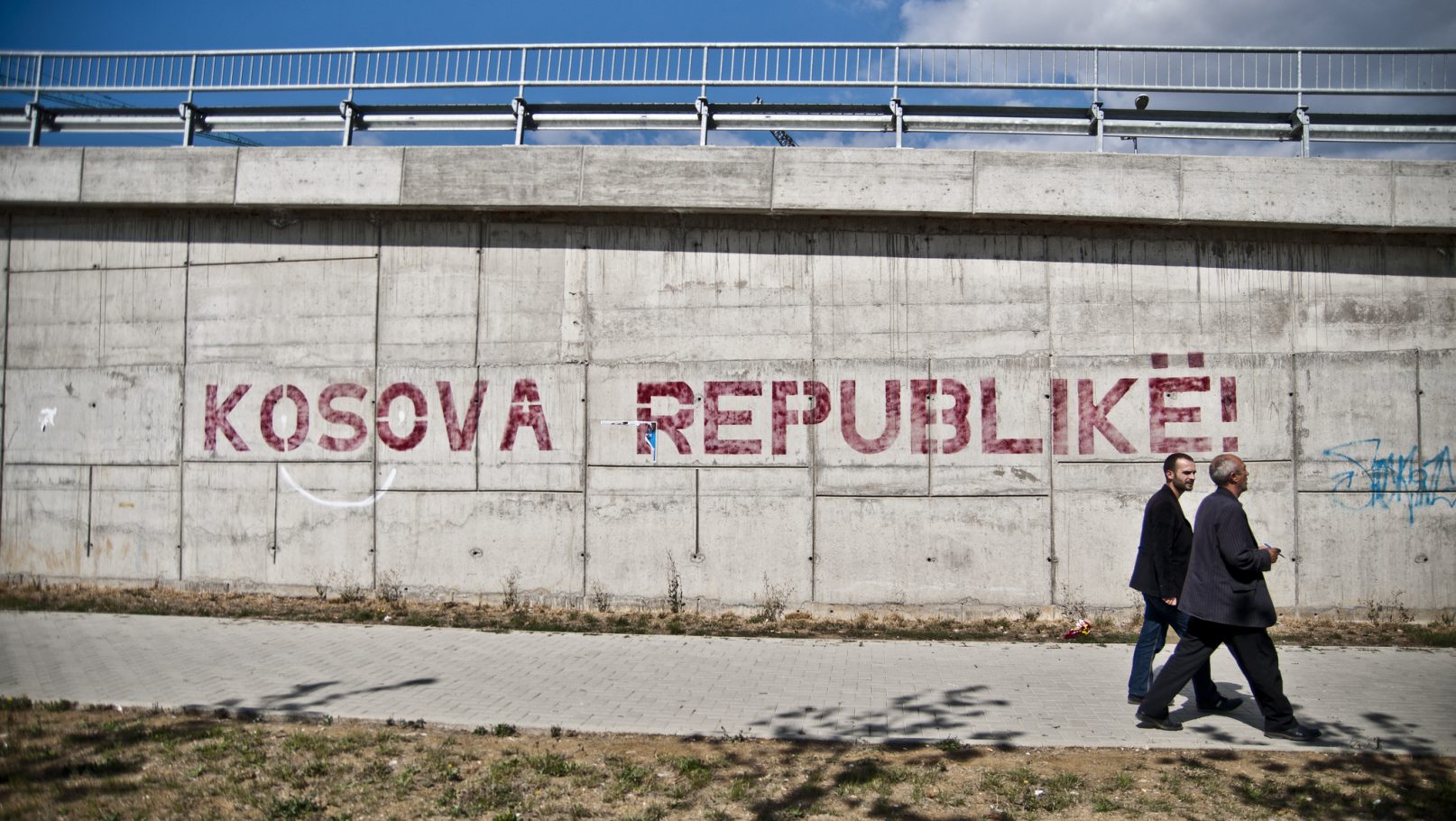
Podcast: The Twenty-Fifth Hour revisited
The case of Kilmar Abrego García, shunted from detention in one country to another, with no end in sight, recalls the World War II-era classic of dystopian fiction The Twenty-Fifth Hour by Romanian writer C. Virgil Gheorghiu. The wartime transnational detention system, harrowingly depicted in the novel, was seen by Gheorghiu as an inevitable manifestation of our technocratic civilization that exalts the machine above humanity, ultimately resulting in the treatment of human beings as mere cogs in the state-industrial apparatus. This process is more advanced today with the current hypertrophy of the technosphere, which is related to the re-emergence of abuses approaching those of the fascist era, and ultimately bodes poorly for humanity’s future. In Episode 294 of the CounterVortex podcast, Bill Weinberg takes an unsparing look at this grim juncture for the human race. (Image via Cocosse)



